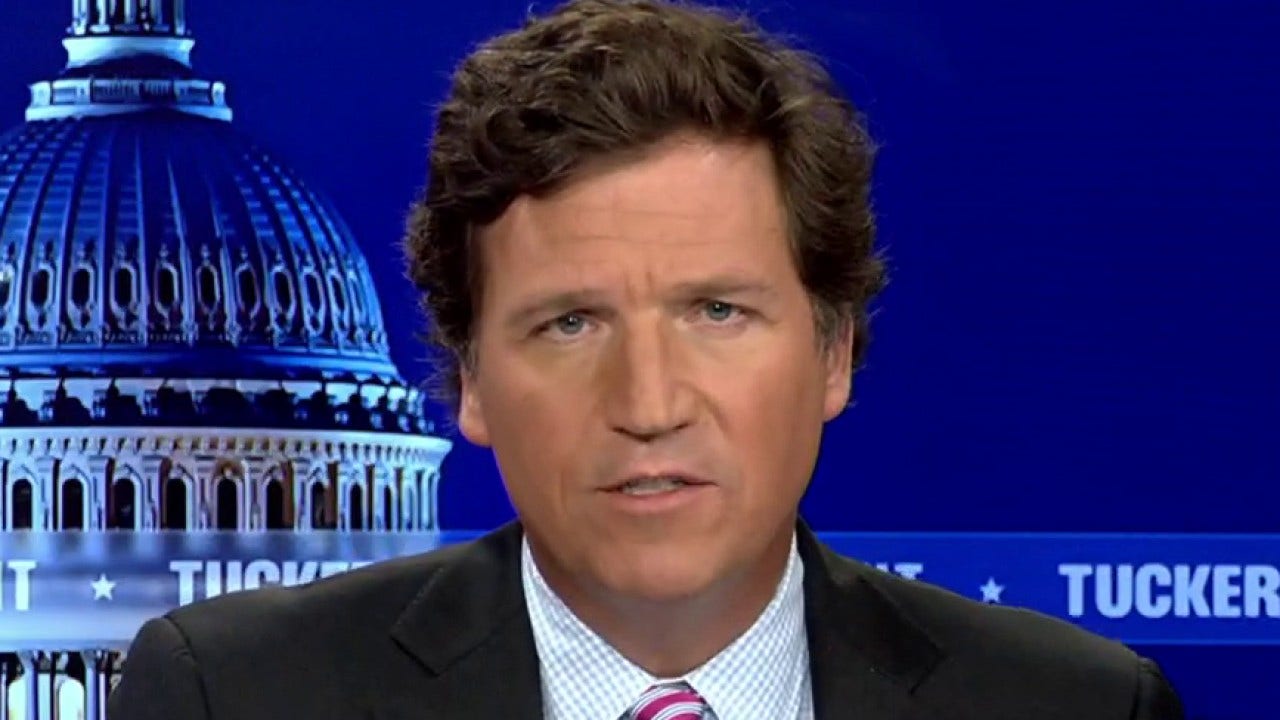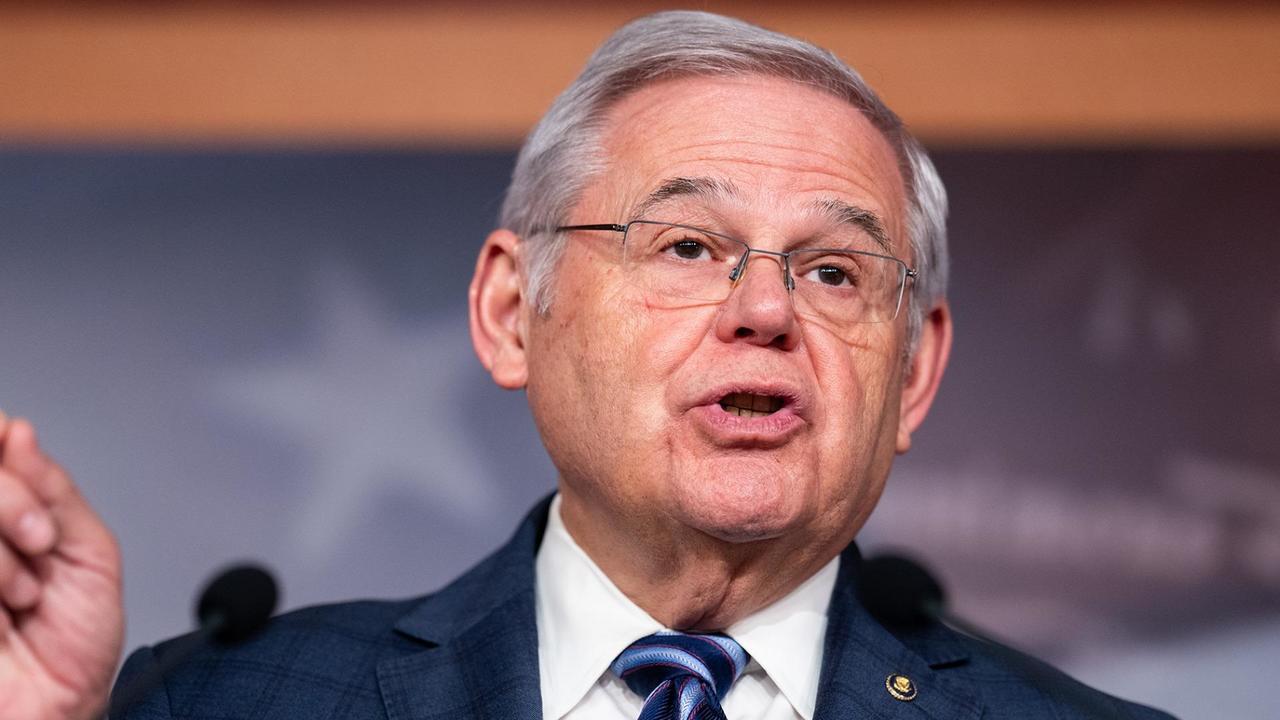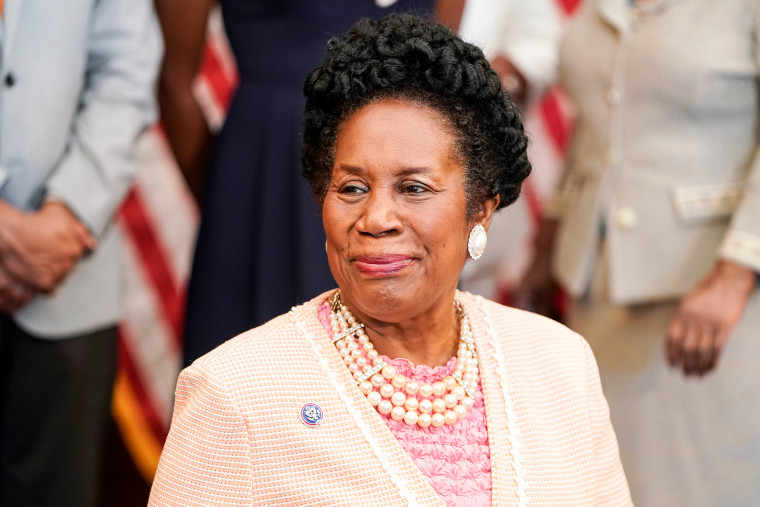Concerns about falling victim to scams are valid, especially given the surge in fraud cases, totaling over $10 billion in losses in 2023 alone. Surprisingly, traditional bank fraud, including check fraud, is on the rise despite the decline in paper check usage. While the number of checks written has decreased, their increased value makes them an attractive target for fraudsters.
However, the shift away from paper checks doesn’t guarantee immunity from fraud. Online payments using credit cards offer built-in fraud protections, yet situations may arise where using an e-check for direct bank withdrawals or wire transfers becomes necessary, such as to avoid credit card fees. In these instances, divulging bank details—including routing and account numbers, as well as SWIFT or ABA codes—becomes unavoidable.
So, is it safe to share this information? Generally, yes, but caution is advised. Routinely, you share your routing and account numbers when writing checks or setting up direct deposits, making them relatively accessible. Nevertheless, it’s essential to exercise discretion.
When it’s acceptable to share your banking details:
- If you’re comfortable writing a check or understand the purpose behind sharing the information.
- If there’s a valid reason for the request, like setting up direct deposit or avoiding fees.
- If you have control over the authorization and can revoke it if necessary, with a standard 60-day window to report fraud.
Conversely, caution is warranted in certain situations:
- Avoid sharing bank details via insecure communications such as email or text.
- Be wary of links prompting you to enter bank information and instead navigate directly to the organization’s website.
- Resist pressure to provide bank details when alternate payment methods are preferred.
Ultimately, the security of your account hinges on safeguarding your account number. Scammers’ ability to exploit your information is limited without this crucial detail. While providing bank details for legitimate purposes is generally safe, vigilance is crucial, especially in unexpected or unfamiliar scenarios.









